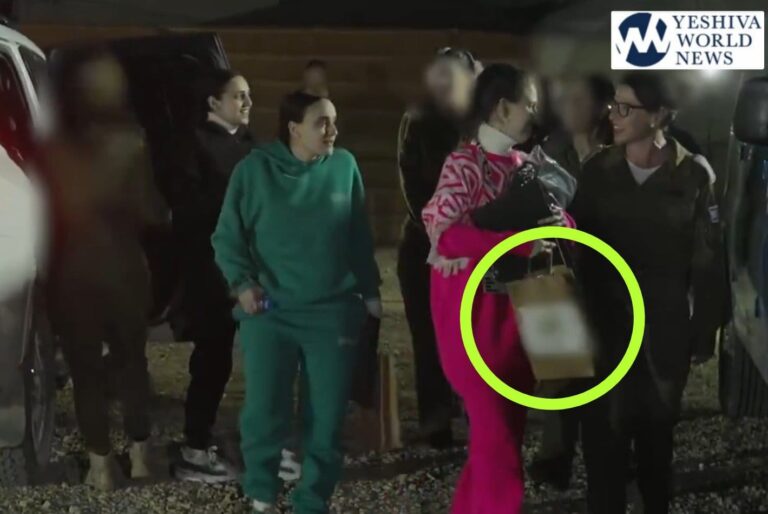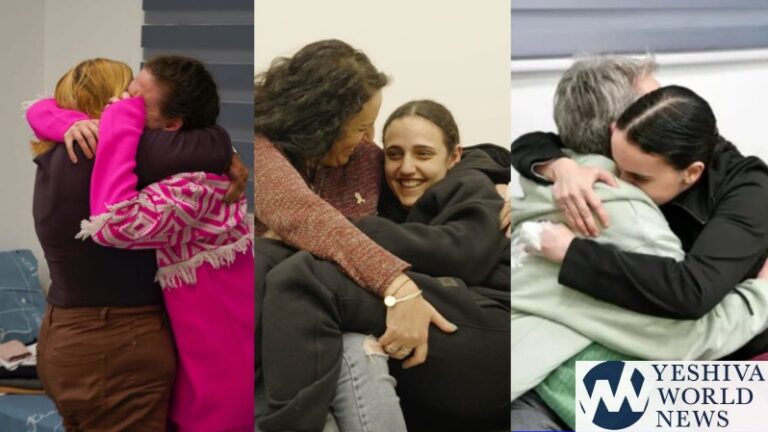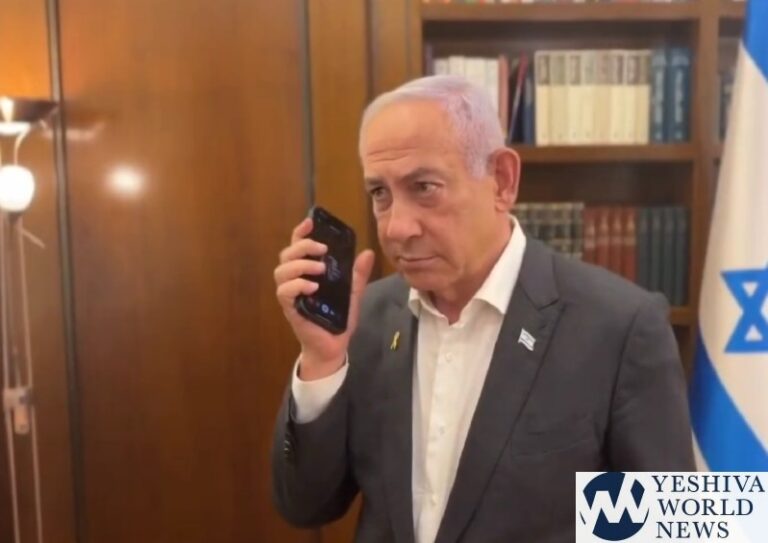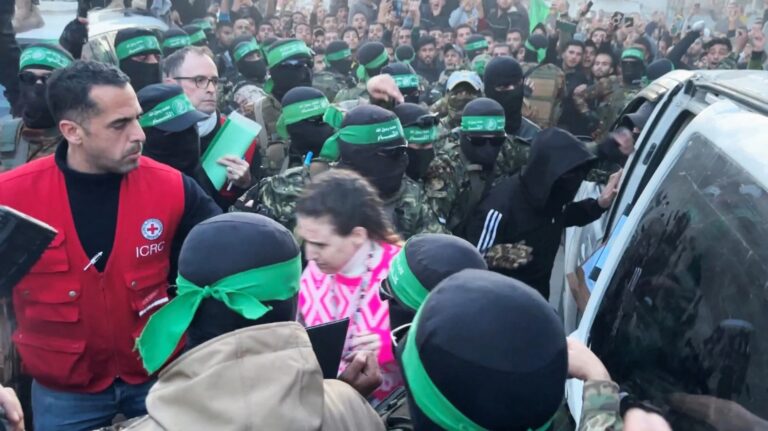 Philadelphia’s crippling weeklong transit strike ended early Monday, assuring that all buses, trolleys and subways will be up and running by Election Day.
Philadelphia’s crippling weeklong transit strike ended early Monday, assuring that all buses, trolleys and subways will be up and running by Election Day.
The Southeastern Pennsylvania Transportation Authority and the union representing about 4,700 transit workers announced a tentative agreement before daybreak.
By 9 a.m., subways were operating again, though on a reduced schedule. Limited trolley service was also restored by midmorning. SEPTA said it usually takes 24 hours to have all its buses, trolleys and subways running after a shutdown.
Democratic city leaders had feared the strike could hold down turnout at the polls Tuesday and hurt Democratic presidential candidate Hillary Clinton, who needs a big haul of votes in the city if she is to win the battleground state of Pennsylvania. The big concern was people were spending so much time getting to and from work that some wouldn’t have time to go to the polls Tuesday.
The city and the state both intervened Sunday in an effort to bring the walkout to an end. The city sought an injunction that would have forced SEPTA workers to at least provide service on Election Day. The state announced it would join SEPTA in court to permanently end the strike, citing its impact on the elderly, the disabled, students and the economy.
But a deal reached overnight made a continued court fight unnecessary.
SEPTA chairman Pasquale Deon said the agreement provides wage increases and pension improvements, and maintains health care coverage levels while addressing rising costs. The five-year deal is still subject to union ratification.
The strike resulted in traffic gridlock around the city at morning and evening rush hours, crowded and delayed regional train service, and higher absenteeism at the city’s high schools. More than 50,000 students use SEPTA to get to school.
Annette Brady, 46, usually commutes from her northeast Philadelphia home by train but drove into the city Monday because of the continuing delays in that service. The strike’s end will mean a later wakeup time and less hassle for her.
“I’m definitely happy they came to agreement, but a little angry it happened in the first place, of course,” Brady said. “Driving in is a nightmare.”
The SEPTA chairman thanked riders for their patience.
“We sincerely regret this disruption to transportation throughout the City of Philadelphia and the region,” Deon said.
Transport Workers Union local president Willie Brown said the approaching election “really wasn’t a factor with me.”
“We were trying to get a contract, and that’s what we did,” he said.
It was the transit union’s ninth strike since 1975.
(AP)











2 Responses
Thats too bad…
Kol Koreh on behalf of the Moetzes Gedilei HaTorah etc.
Due to the ongoing situation, there is a need to temporarily be mishane the chutz la’aretz minhag and adapt the minhag Eretz Yisroel as soon as tonight, 6 MarCheshvan.
Tonight, in maariv, davening in birchas hashonim should begin “sein tal umattar” in addition to Mashiv haRooach uMoreed haGeshem.
This Kol koreh is especially true for people living in the united states, and especially in certain states designated by the experts as something called “sving states” due to the need for rain this week, imirtzaShem Tuesday.
May our tefillos be answered.
#vHaMayveen yaVeen